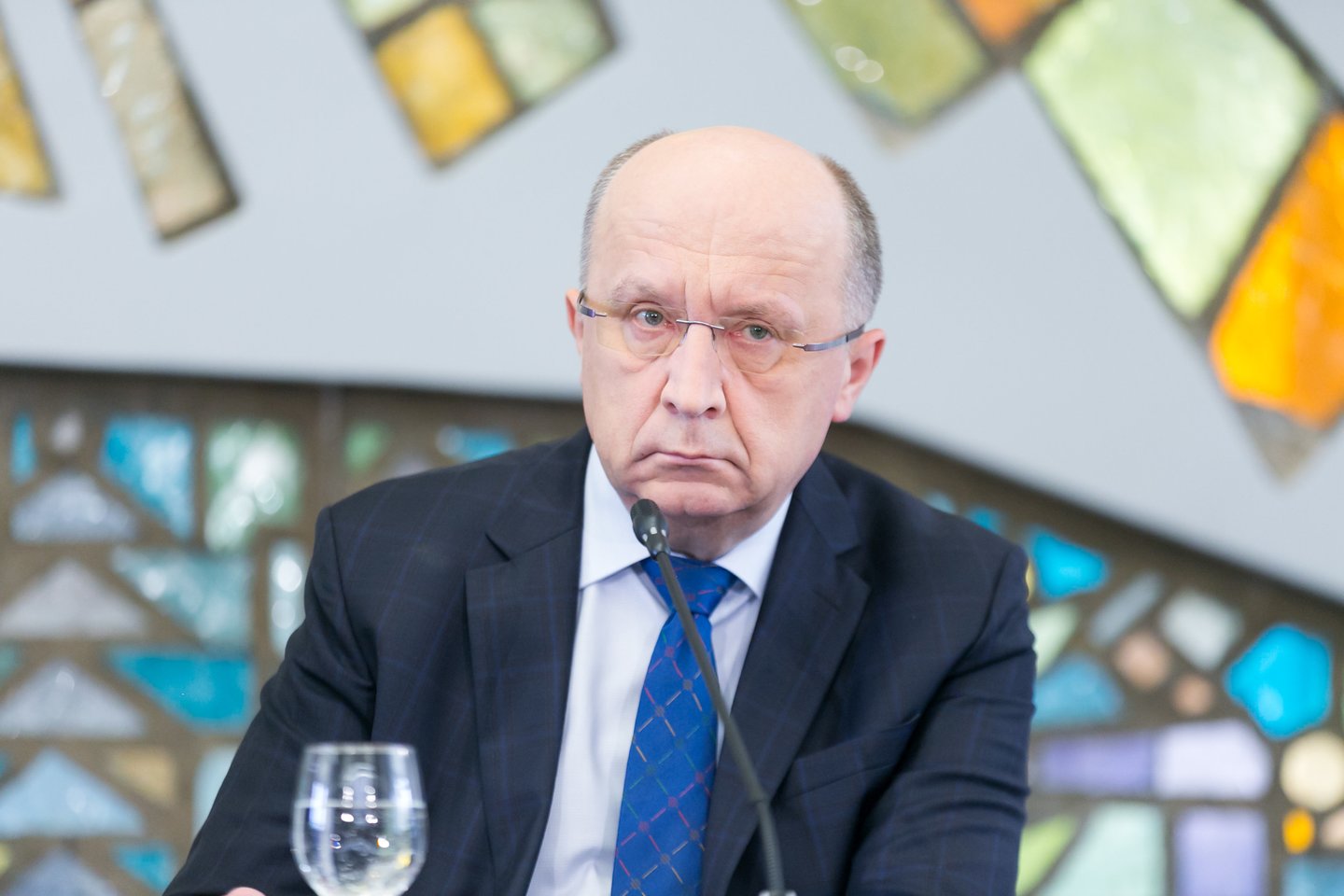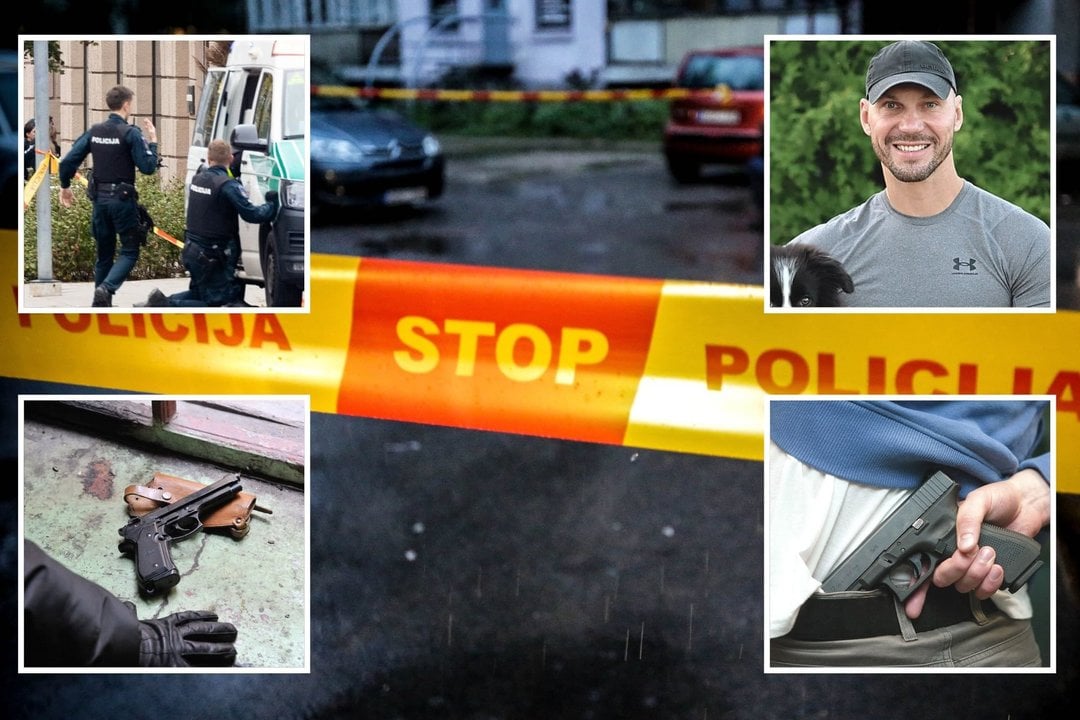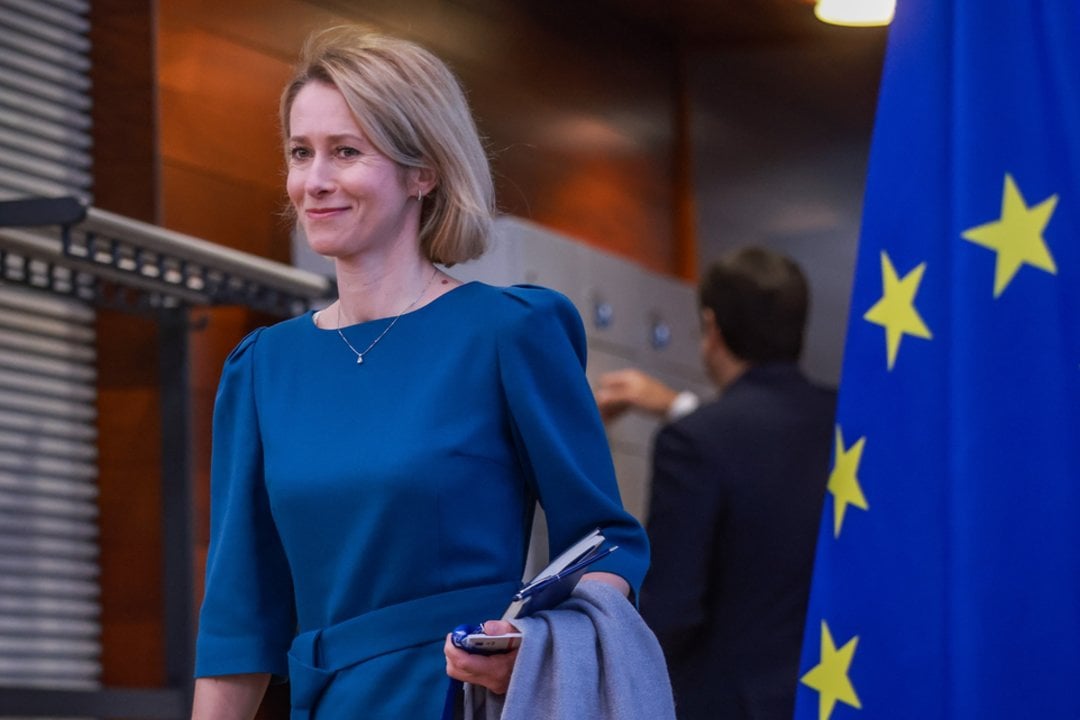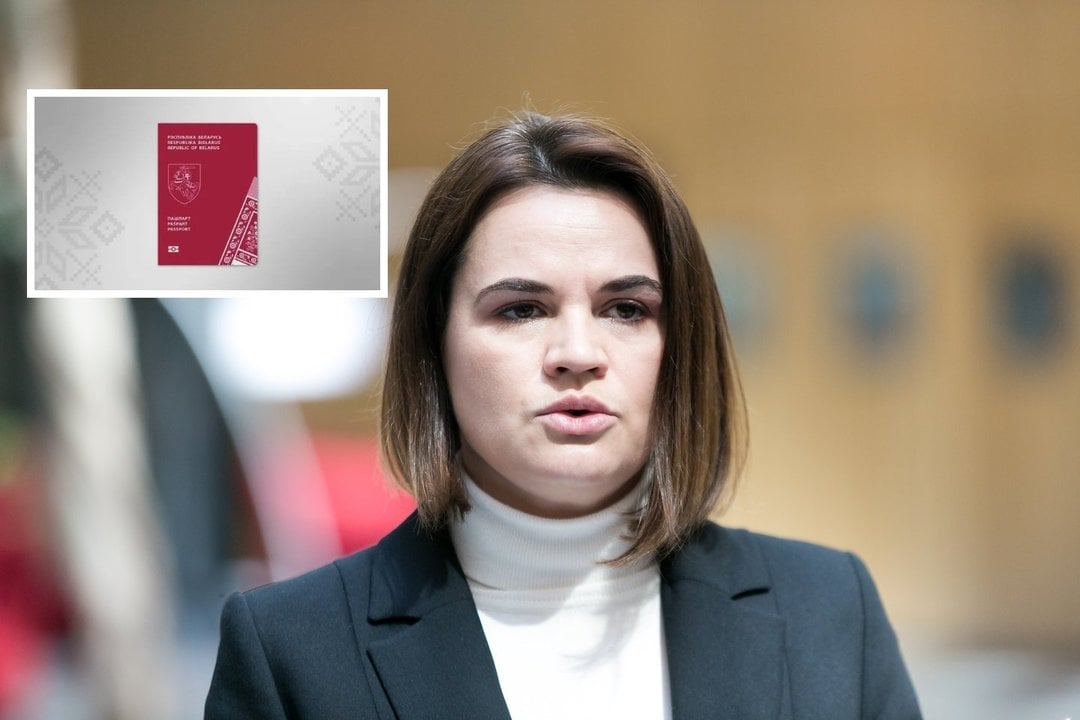We have been talking and warning about the possibility of such a crisis and its imminence since Putin came to power in 2000. But, unfortunately, we were not heeded, and perhaps we ourselves did not believe until the outbreak of the war that such madness and such a crisis could return to the European continent.
However, every crisis is not only about pain and loss; it is also about new opportunities. As Jean Monnet, one of the founding fathers of today’s European Union, said back in 1957: „Europe will be forged in crises and will be the sum of the solutions adopted for those crises“. Memories of the crisis and horrors of World War II created the European Community in Old Europe. It has also led to lasting peace in the same Old Europe. Various other crises – economic, financial, refugee, pandemic – have forged the European Union as we know it today.
Unfortunately, however, it turns out that the potential of the European Union thus created was not enough to guarantee peace in its neighbourhood.
It is clear that the current crisis must strengthen the geopolitical potential of the European Union. This is the only way to ensure that such geopolitical crises do not happen again on the European continent.
In order to understand what needs to be fundamentally reformed and strengthened in the EU’s geopolitical activity in the wake of this crisis in order to avoid such crises in the future, it is necessary to understand what the EU’s geopolitical shortcomings, mistakes, and their causes have been in the lead-up to this crisis. Therefore, it is worth starting from this analysis to find answers to what will have to be different after this crisis.
The EU’s geopolitical mistakes that led to this crisis and the root causes of those mistakes:
- In Old Europe, it was not understood in time and not openly stated that authoritarian Russia was the greatest threat to European security; it was not understood in time that failing to prevent authoritarian tendencies in Russia from the outset, failing to react firmly to human rights violations and breaches of democratic norms from the outset, would, in the long run, turn such authoritarianism into the Kremlin’s new fascism, and eventually turn such a regime into an international aggressor; it was not understood that it is not Russia itself that is the threat, but authoritarianism within Russia that is the cause of Russia’s threat, which can only be eliminated if Russia is transformed from its current post-imperial authoritarianism back into a democracy (since democracies do not wage war against each other).
- In Old Europe, there was a naive belief for a long time that only „dialogue with Putin“ could guarantee peace and security, and that this was the only way to create a new security architecture on the European continent; therefore, regardless of the crimes and behaviour of Putin, „dialogue with Putin“ was seen as the top priority in relations with Russia right up to the outbreak of the war, and, at the same time, it was a message to Putin that the West would tolerate all Putin’s behaviour because only in this way would the West be able to preserve the possibility of „dialogue“ (see, for example, the EU’s „5 guiding principles“ for relations with Russia, adopted in 2016 [after the occupation of Crimea], where „dialogue with Putin“ was enshrined as a key priority in the relationship);
- „Dialogue with Putin“ became a priority in relations with Putin’s Russia because there was no belief in Old Europe that Russia could be transformed into a European democracy that would no longer be at war with its neighbours and thus guarantee peace and stability on the European continent. Putin has made great efforts to convince the capitals of Old Europe by his actions that democracy is impossible in Russia and that the West must, therefore simply adapt to Putin’s Russia. The poisoning of Litvinenko, Skripals, Kara-Murza or Navalny were Putin’s demonstrative acts to convince the West that Russia is a special, oriental, savage, brutal land, armed with nuclear weapons, where democracy is simply impossible. The message to the West was that it would be more profitable for it to adapt to Putin’s authoritarian regime than to dream of democracy because that might anger the „savage“ Putin, and that might be dangerous for Europe. That is why Old Europe prioritised „dialogue“ with Putin (and its own business interests) over dialogue with the democratic opposition, which was only superficial and had no realistic aim of helping Russia to transform itself into a democracy.
- The big mistake of Old Europe was the long-standing disbelief that Putin’s Russia could become a real military threat, not only to its neighbours but also to the whole European Union. The failure to identify Russia as a major threat, the disbelief that Russia could also become a real military threat, led Germany to change its attitude of not investing in Germany’s own defence potential only after the outbreak of war. Despite all the talk about the need for the EU to take care of its „strategic autonomy“, especially in the field of security, the EU has not acted to strengthen its autonomous potential, even now that the war has started: although the EU could devote many more resources to arming Ukraine with modern weapons (in the context of the ongoing war, Ukraine’s arms needs are estimated to be around €100–120 billion in 2022 alone), the EU has not taken any steps to strengthen its autonomous capacity. The EU leaves the responsibility for this to the United States, where even a „lend-lease“ law has been passed, allowing Ukraine to tap into the vast financial resources of the US for the acquisition of modern, American-made weapons. However, even at a time when the war is being fought on the European continent, next to the EU’s borders, the European Union is failing to ensure that significant investments and military orders reach the European Union’s military industry, thereby strengthening the industrial potential of the European Union’s „strategic autonomy“.
- The mistake of Western Europe since the 2000s has been to remain stubbornly convinced that Russia can remain a reliable supplier of energy resources, despite Putin’s early efforts to concentrate the supply of these resources in the hands of the Kremlin (the seizure of Yukos and the crushing of Mikhail Khodorkovsky), with the Kremlin’s plans to use such monopoly power to increase its geopolitical influence, starting from the „near abroad“. In the long-term, Germany’s growing dependence on Russia for its energy supplies has become a major geopolitical security problem for the whole of the European Union, especially since Russia launched its war against Ukraine.
- The West’s biggest geopolitical mistake since 2014 was not offering Ukraine an ambitious European integration agenda after the Maidan revolution, not offering it candidate status, and not starting negotiations for EU membership (although the Western Balkans had been offered this as early as 2003). This EU strategy (or lack of strategy) on Ukraine, for fear of provoking Kremlin aggression in the West, has tempted the Kremlin to think that the West has left Ukraine in a „grey“ area and that the West will not defend Ukraine in the event of a Russian military invasion. This was one of the fundamental reasons that led to the current geopolitical catastrophe on the European continent.
- The West’s long-term strategic mistake was that, after the EU’s big-bang enlargement to Central Europe and the Baltic States in 2004, the EU „forgot“ that its „soft power“, as exercised in the EU’s Neighbourhood and Enlargement Policy, is a very strong geopolitical instrument for neighbourhood stability and growth. Unlike in the previous period, after 2004, the European Union forgot or was afraid to use this instrument in full force in relation to Ukraine or the Western Balkans, and these regions lost the motivation to reform effectively because they lost the belief that they can ever realistically become members of the EU.
- A common mistake of the EU as a whole, both Old and New Europe, was that since the 2004 enlargement, the „Old Europe“ did not look for ways to harness the experience, the fresh energy and dynamism of the „New Europe“, to give them a better chance to shape the EU’s eastern policy in order to bring democracy to the eastern part of the European continent. Because it was clear from the outset to Central Europe that this was the only way to resolve the fundamental security problem of the entire European continent, which can be described in such a way: the authoritarian eastern half of the European continent, where fascist ideologies and fascist regimes are becoming more and more entrenched in Russia, has been, is, and will continue to be, the greatest threat to the security of the European continent (and especially to the Central European region), and this threat will only be eliminated if democracy is also established on the eastern side of the continent. The „New Europe“, while criticising the naivety of the „Old Europe“ with regard to Putin’s Russia, did not itself believe, until the outbreak of the war, that it could significantly influence the geopolitical attitudes towards Russia of the „Old Europe“ powers (Germany, France).
- The „New Europe“ failed to convince the „Old Europe“ because it allowed the Kremlin to impose on the „New Europe“ the image of „eternal Russophobes“, who supposedly still live in post-imperial phantom „pain“. „Old Europe“ was naively receptive to this Kremlin-constructed narrative. „New Europe“ has not been able to convince Old Europe that New Europe is not only not „Russophobic“ but, on the contrary, has the greatest interest in having good relations with Russia (a greater interest than any Portugal or even Austria), because the history of our region teaches us that when we have bad relations with Russia, we usually suffer. However, our good relations with Russia depend only on whether Russia is democratic or not. We know that we cannot have good relations with an authoritarian, aggressive Russia, but with a democratic Russia, we have every chance of having such relations. That is why we are much more interested in Russia’s transformation into a democracy than in Old Europe.
In reviewing all the EU’s geopolitical mistakes and their causes, which have led to the current geopolitical crisis, we can briefly reiterate them:
EU mistakes since 2000:
- Failure to understand in time and to strategically identify authoritarian Russia as the greatest threat to European security;
- Failure to understand that the only lasting way to eliminate such a threat is to help Russia transform itself into a democracy;
- Irrational temptation to believe Putin’s verbal and non-verbal arguments and the brutal proof of Russia’s „otherness“ that Russia will never become a democracy and that it must therefore adapt to Putin’s authoritarianism;
- Lack of faith in Russia’s democratic prospects due to Old Europe’s willingness to prioritise „dialogue“ with Putin over the democratic opposition in its relations with Russia;
- The priority of ‘dialogue’ with Putin, underpinned by the naive, if not criminal, the devotion of Germany and the rest of Old Europe to the Gazprom monopoly, blind to the fact that, until the outbreak of the war, it was not Gazprom’s business that was behind this, but the Kremlin’s geopolitical interest in „ruling“ Old Europe;
- Naive Western devotion to the illusion of the „end of history“ that followed the 1990s led to a general disbelief in the European Union that Russia could bring a real war back to the European continent. Therefore, instead of investing in strengthening its defence and deterrence capabilities, Old Europe invested in developing a rhetoric of „de-escalation“ (surrender), where any Russian escalation (Georgia 2008, Ukraine 2014) was met by Old Europe’s agreement to the Kremlin’s immediate demands;
- The European Union’s biggest geopolitical mistake was to leave Ukraine essentially in a „grey“ area in terms of integration after 2014, provoking Putin’s aggression towards Ukraine;
- The European Union’s systemic geopolitical mistake was that, after Putin came to power in Russia in 2000, Old Europe became increasingly afraid to use its soft power of enlargement to influence the development of its neighbourhood (both in Ukraine and in the Western Balkans) towards a stable consolidation of democracies and the growth of economic prosperity;
- It was also a mistake that, after the 2004 enlargement, Old Europe did not seize the opportunity to refresh the geopolitical leadership potential of the European Union by integrating the experience, energy and dynamism of Central Europe, in particular in the formulation of the European Union’s geopolitical policy on the Eastern Neighbourhood. New Europe has also made mistakes, frightened by the „Russophobic“ label and naively believing that Old Europe knows better what kind of Eastern policy the EU needs.
With this understanding of the European Union’s mistakes and the reasons that led to the current geopolitical crisis, it is not difficult to draw some key conclusions so that the positive outcome of this crisis is a much stronger European Union geopolitically, capable of taking real leadership to ensure that such crises do not happen again on the European continent. Here are some conclusions:
- Since the root cause of the geopolitical crisis and the war is the authoritarian, fascist regime of the Kremlin, the only lasting possibility of achieving the end of such a crisis on the European continent is a decisive transformation of the Russian political system from an authoritarian, fascist regime to a European-style democracy. In considering how a fascist regime can be transformed into a democracy, it is worth recalling the Western experience of the post-war transformation of Nazi Germany and Imperial Japan into stable democracies: First, both fascist regimes were completely crushed on the battlefield, followed by the Nuremberg Trials, the Americans offered Germany Adenauer and Japan a new democratic constitution, and helped both countries to rebuild their economies with the Marshall Plan, thus stabilising the young democracies of post-war Germany and Japan.
- To help Russia become a democracy, it is worth realising that today there is no other way – the fascist Putin regime must be crushed in Ukraine. This requires that the overriding objective of the war be formulated in this way, not only in Ukraine itself, but also in the West. The United States and Great Britain are already formulating it in this way. However, we are not yet hearing this from EU leaders, nor from the leaders of Germany or France. On the contrary, the reasoning of some European leaders about the need not to „humiliate“ Putin by defeating him in Ukraine is clear evidence that in some of the capitals of Old Europe, the lessons of the mistakes that led to this crisis have still not been learned.
An „unhumiliated“ Putin would remain the same fascist leader, only perhaps even more brutal. Europe’s security would continue to face the same major threat – an authoritarian, fascist Russia.
- In order to get Ukraine to crush Russia on the war front, arms and sanctions are needed. Only when the European Union finally realises that Russia and Putin must lose this war in a landslide will it be able to take the lead and assume serious strategic responsibility: the EU must have its own „lend-lease“ mechanism to finance Ukraine’s arms, boldly announcing that EU countries will stop looking for arms for Ukraine only in their own warehouses and will make it possible for Ukraine to acquire new modern weapons for at least €50 billion before the end of the year. It is worth remembering that till now the EU has only allocated €2 billion to enable EU countries to provide arms to Ukraine from their own warehouses.
- The Kremlin must be shown immediately that Ukraine is no longer in any „grey“ area. There is only one way to do this: to grant Ukraine candidate status without any hesitation in the near future and to start negotiations with it on membership of the European Union. The best Western response to any threats by Putin to escalate the situation must be unequivocal – the expansion of the EU and NATO into Russia’s neighbourhood, as has been done with Finland and Sweden. The same must be done with Ukraine. The EU must learn its lesson and realise that Ukraine’s becoming a member of the EU is in Ukraine’s interest and in the European Union’s greatest geopolitical interest. Because this is the path to lasting peace and stability on the European continent.
- The European Union must finally realise that Ukraine’s becoming a member of the European Union is the only way in which a stable, democratic and economically successful Ukrainian state can be created. And such a Ukrainian success story would have an enormous soft power impact on the democratic transformations in Russia and Belarus.
- The European Union must learn to take leadership in geopolitics. This requires a „federalisation“ of the EU’s Common Foreign and Security Policy – abandoning the principle of consensus (the right of one to blackmail all others), reducing the influence of national interests and governments and increasing the role of the EU institutions. Secondly, Old Europe must realise that the natural leadership in European Eastern policy belongs to New Europe, present and future. Old Europe needs to realise that the time for new, dynamic leadership is coming, and that New Europe generates this leadership. It is enough to recall the phenomenon of the leadership of Mr Zelensky alone.
This geopolitical crisis in the European Union will lead to major changes: in Ukraine, Russia, and the European Union itself. Let’s hope that this crisis also creates a new quality in the European Union’s geopolitical capabilities . In that case, it is essential to speak openly about the causes of the crisis and about the mistakes of the European Union itself, which allowed this crisis to happen. This text is an attempt to start an open conversation today so that we can be stronger later.




